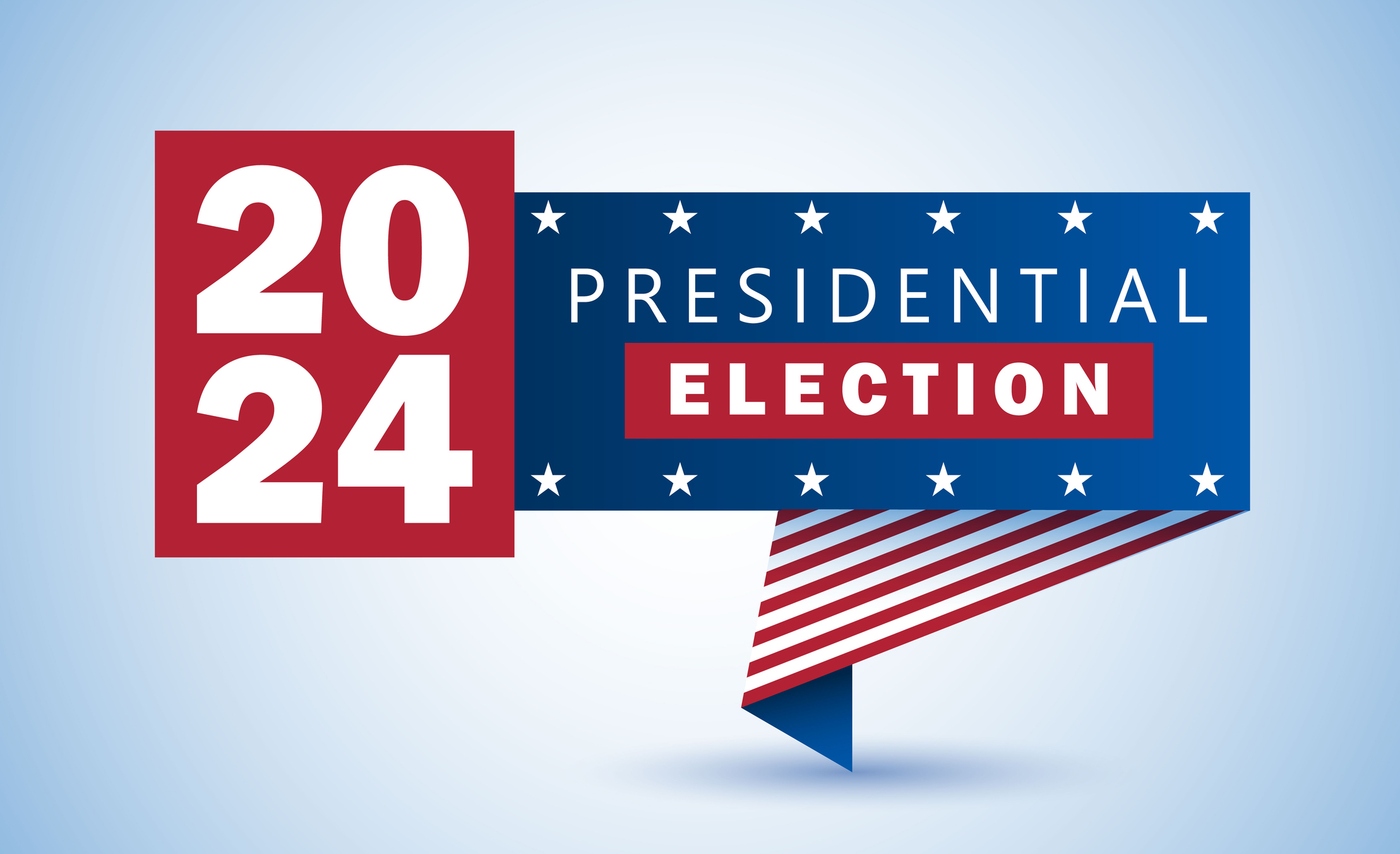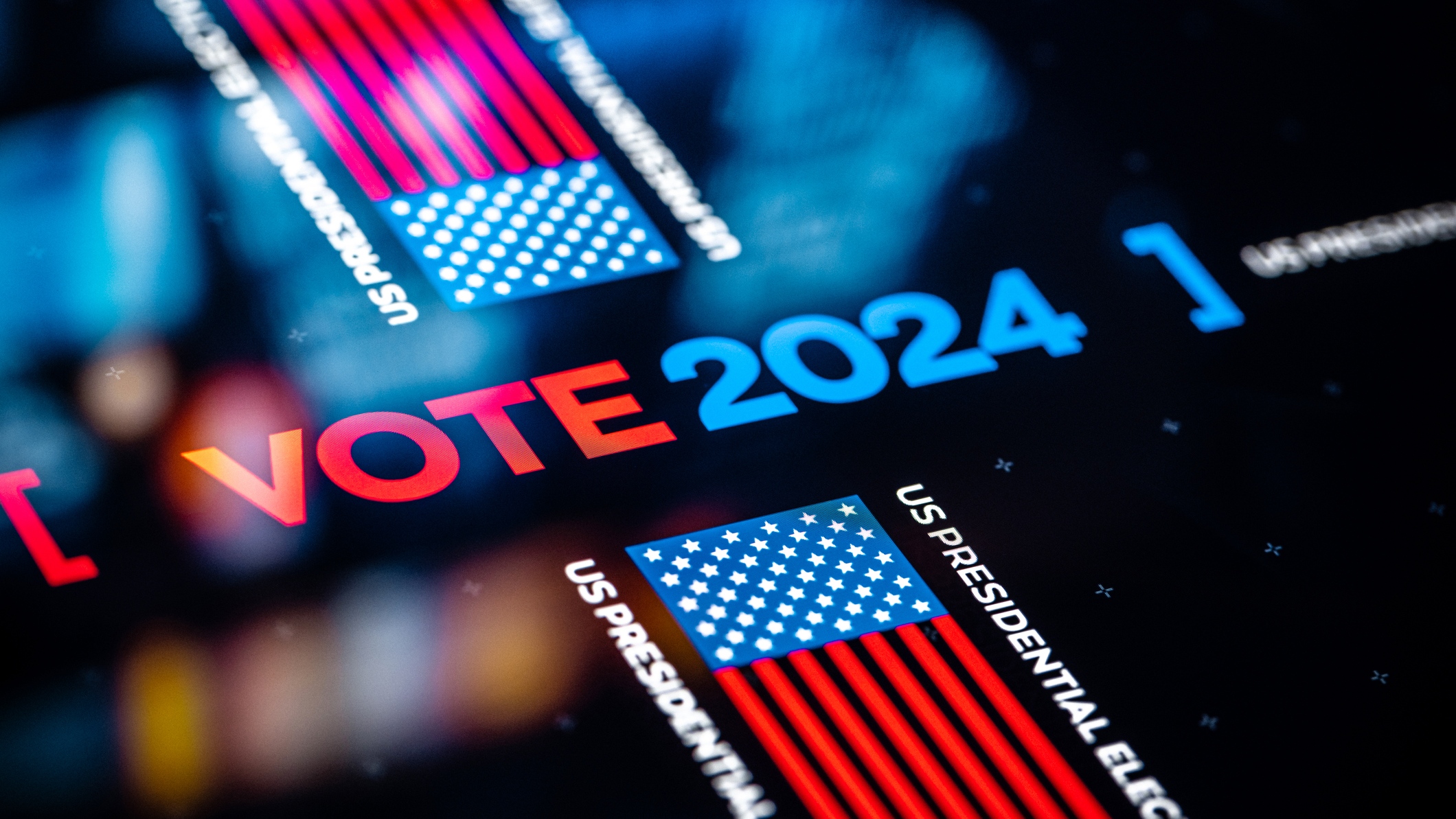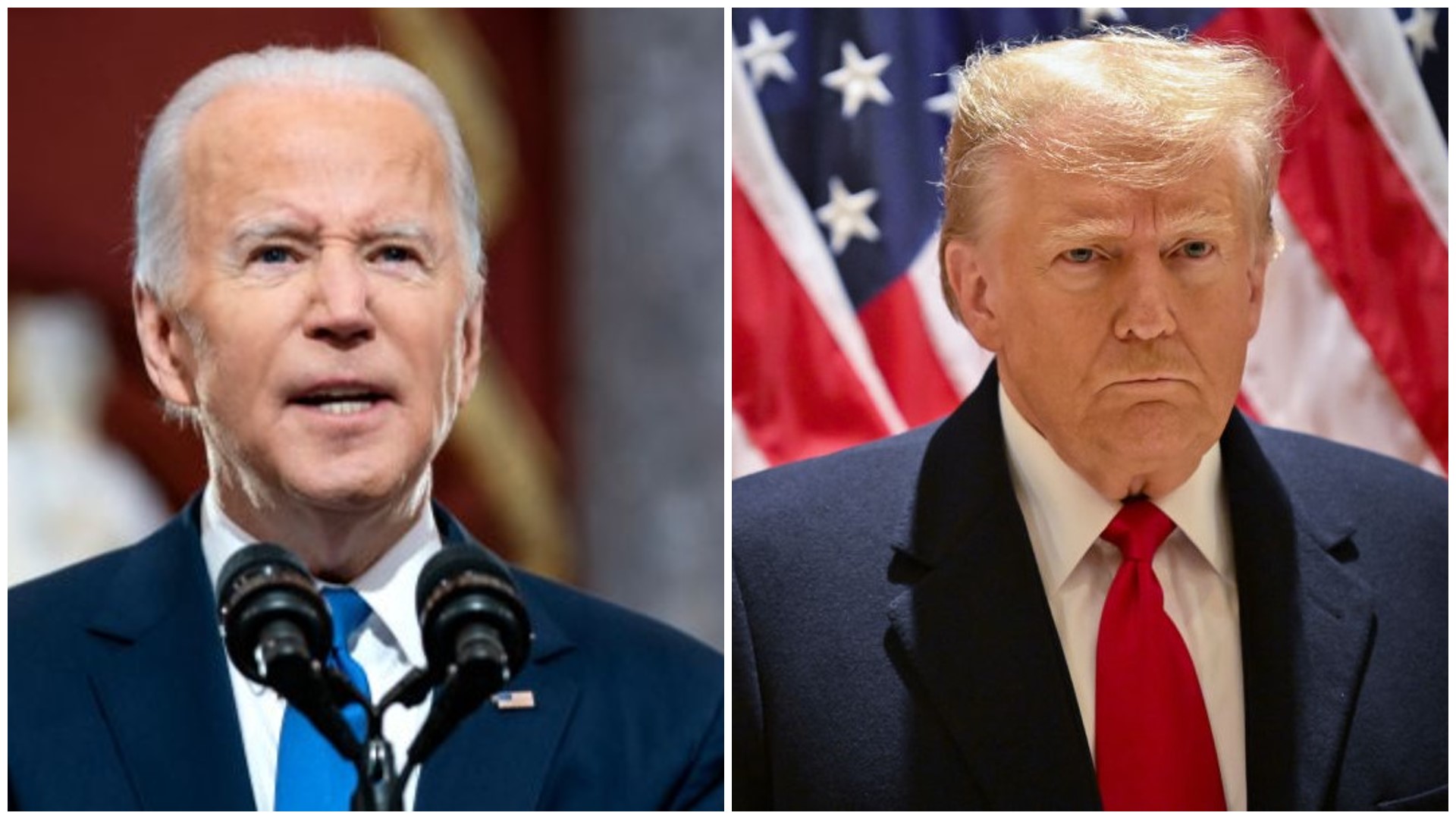How A Government Shutdown Could Affect You
A government shutdown would put tens of thousands of federal workers on furlough and interrupt certain services.


Profit and prosper with the best of Kiplinger's advice on investing, taxes, retirement, personal finance and much more. Delivered daily. Enter your email in the box and click Sign Me Up.
You are now subscribed
Your newsletter sign-up was successful
Want to add more newsletters?

Delivered daily
Kiplinger Today
Profit and prosper with the best of Kiplinger's advice on investing, taxes, retirement, personal finance and much more delivered daily. Smart money moves start here.

Sent five days a week
Kiplinger A Step Ahead
Get practical help to make better financial decisions in your everyday life, from spending to savings on top deals.

Delivered daily
Kiplinger Closing Bell
Get today's biggest financial and investing headlines delivered to your inbox every day the U.S. stock market is open.

Sent twice a week
Kiplinger Adviser Intel
Financial pros across the country share best practices and fresh tactics to preserve and grow your wealth.

Delivered weekly
Kiplinger Tax Tips
Trim your federal and state tax bills with practical tax-planning and tax-cutting strategies.

Sent twice a week
Kiplinger Retirement Tips
Your twice-a-week guide to planning and enjoying a financially secure and richly rewarding retirement

Sent bimonthly.
Kiplinger Adviser Angle
Insights for advisers, wealth managers and other financial professionals.

Sent twice a week
Kiplinger Investing Weekly
Your twice-a-week roundup of promising stocks, funds, companies and industries you should consider, ones you should avoid, and why.

Sent weekly for six weeks
Kiplinger Invest for Retirement
Your step-by-step six-part series on how to invest for retirement, from devising a successful strategy to exactly which investments to choose.
Once again, the United States is facing a government shutdown deadline. Lawmakers have to pass appropriations bills to fund the government or agree on a short-term stopgap measure that would buy them more time for negotiations. If they fail to do one or the other, the government would shut down — and with it a number of public services.
Even if you're not a government employee, there are a number of ways a government shutdown could affect you, from travel delays to application slowdowns.
What a government shutdown impacts
Tens of thousands of federal employees would be put on furlough until the government reopens.
From just $107.88 $24.99 for Kiplinger Personal Finance
Become a smarter, better informed investor. Subscribe from just $107.88 $24.99, plus get up to 4 Special Issues

Sign up for Kiplinger’s Free Newsletters
Profit and prosper with the best of expert advice on investing, taxes, retirement, personal finance and more - straight to your e-mail.
Profit and prosper with the best of expert advice - straight to your e-mail.
A shutdown could cause delays on certain applications, like renewing your passport, and it also means you may find it difficult to reach a federal customer service representative, due to staff reductions.
A shutdown would pause various services and programs, such as Social Security and Medicare benefit verification and card issuance, according to the nonprofit Committee for a Responsible Federal Budget (CRFB). New patients and processing grant applications would also be temporarily halted at the National Institutes of Health (NIH), the CRFB also said.
A government shutdown could also disrupt travel plans as air traffic controllers and TSA officers would need to work without pay. President Biden has said that a shutdown could potentially lead to "significant delays and longer wait times for travelers at airports across the country like there were during previous shutdowns.”
And if you are planning a trip to a national park, you should check before you go. National parks won't necessarily close as a result of a government shutdown, but, during the 2013 shutdown, the National Parks Service director decided to close them and in 2019, there were reportedly some problems due to limited staffing.
What is not affected by a government shutdown
The U.S. Postal Service and other federal activities that are not funded through the annual appropriations process would continue despite a shutdown. This also includes Social Security, Medicare and Medicaid payments, as well as immigration services that are funded by visa fees.
However, note that in the 1996 and 2013 government shutdowns, staff from the Social Security Administration (SSA) were initially furloughed, and so certain services such as processing requests for new cards were paused, CRFB said.
The Internal Revenue Service (IRS), initially said it would remain open during a shutdown since it has funding under the Inflation Reduction Act to continue operations, but has since said it would partially close, according to a Federal News Network report.
Federal agency contingency plans
The Office of Management and Budget lists all the federal agencies and their contingency plans for a shutdown, although some have not been updated in several years. According to the OMB's list, agencies that would be affected by a shutdown but may operate with limited staff and services include the Consumer Product Safety Commission, as well as the Departments of Commerce, Education, Health and Human Services, Housing and Urban Development, and Labor.
If you're a federal government employee, you may qualify for the Unemployment Compensation for Federal Employees (UCFE) program, according to the U.S. Office of Personnel Management (OPM). The UCFE program is administered by state unemployment insurance agencies, acting on behalf of the federal government, OPM said.
Read more on specific agencies and how their shutdown plans could impact you:
- How Medicare Would Be Affected By A Government Shutdown
- A Government Shutdown Impacts Veterans In A Few Ways
- What Would a Government Shutdown Do to the IRS?
- What A Government Shutdown Means For Student Loan Payments
- How Social Security Would Be Affected By A Government Shutdown
Additional assistance
Some companies will offer assistance to anyone who is affected by a shutdown (if it happens). These include the USAA Federal Savings Bank, which is offering eligible members one-time, no-interest loans in the event of a shutdown.
The loan would be equal to the amount of one net paycheck totaling $500 to $6,000 and must be repaid within three months of funding, said the bank, which serves military members and their families. The bank said it will also offer payment assistance through its other banking products, along with special payment arrangements for its insurance products.
Related Content
Profit and prosper with the best of Kiplinger's advice on investing, taxes, retirement, personal finance and much more. Delivered daily. Enter your email in the box and click Sign Me Up.

Esther D’Amico is Kiplinger’s senior news editor. A long-time antitrust and congressional affairs journalist, Esther has covered a range of beats including infrastructure, climate change and the industrial chemicals sector. She previously served as chief correspondent for a financial news service where she chronicled debates in and out of Congress, the Department of Justice, the Federal Trade Commission and the Commerce Department with a particular focus on large mergers and acquisitions. She holds a bachelor’s degree in journalism and in English.
-
 Quiz: Do You Know How to Avoid the "Medigap Trap?"
Quiz: Do You Know How to Avoid the "Medigap Trap?"Quiz Test your basic knowledge of the "Medigap Trap" in our quick quiz.
-
 5 Top Tax-Efficient Mutual Funds for Smarter Investing
5 Top Tax-Efficient Mutual Funds for Smarter InvestingMutual funds are many things, but "tax-friendly" usually isn't one of them. These are the exceptions.
-
 AI Sparks Existential Crisis for Software Stocks
AI Sparks Existential Crisis for Software StocksThe Kiplinger Letter Fears that SaaS subscription software could be rendered obsolete by artificial intelligence make investors jittery.
-
 The Key Presidential Campaign Issues of 2024
The Key Presidential Campaign Issues of 2024The Letter Donald Trump and Kamala Harris stake out their positions on trade, immigration, and taxes.
-
 A Look at Kamala Harris's Tax Plans Ahead of the Election
A Look at Kamala Harris's Tax Plans Ahead of the ElectionThe Tax Letter Under Harris's tax proposals, upper-income individuals would pay more taxes, while the middle class and lower-income people would pay less.
-
 An Early Look at the 2024 Presidential Race
An Early Look at the 2024 Presidential RaceThe Kiplinger Letter Two months out, presidential candidates, Harris and Trump are neck and neck. An early look at the election picture.
-
 Taking Stock of the Presidential Race: The Kiplinger Letter
Taking Stock of the Presidential Race: The Kiplinger LetterThe Kiplinger Letter As Trump consolidates Republicans, Biden faces pressure to drop out.
-
 Future U.S. Economic Growth Hinges on Immigrants
Future U.S. Economic Growth Hinges on ImmigrantsThe Kiplinger Letter With the native birthrate slipping, employers are increasingly relying on foreign-born workers to staff up.
-
 Current Challenges Highlight U.S. Foreign Policy Weakness: The Kiplinger Letter
Current Challenges Highlight U.S. Foreign Policy Weakness: The Kiplinger LetterThe Kiplinger Letter America’s military is overextended but the U.S. remains the country of first resort when major problems crop up.
-
 The 2024 Race for President Looks Like a Rematch: The Kiplinger Letter
The 2024 Race for President Looks Like a Rematch: The Kiplinger LetterThe Kiplinger Letter Nine months away from Election Day 2024, the presidential field has narrowed and a 2020 rematch is almost certain.
-
 10 Predictions for 2024 from The Kiplinger Letter
10 Predictions for 2024 from The Kiplinger LetterThe Kiplinger Letter As 2023 wraps up, here are 10 big predictions for the new year.